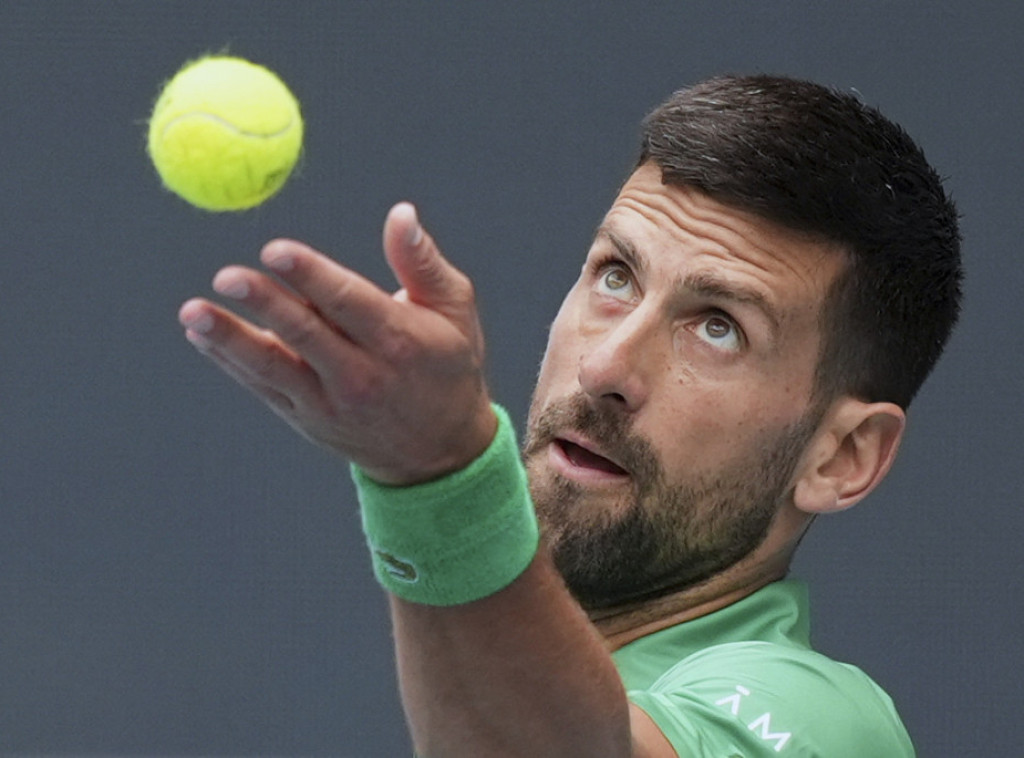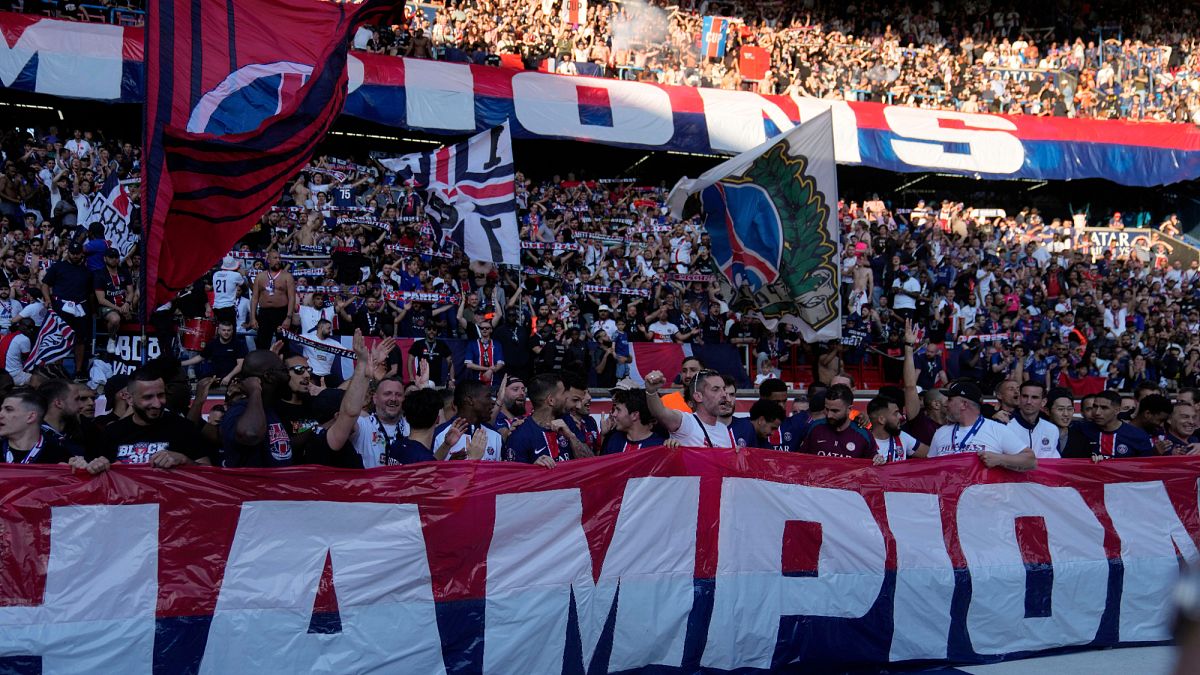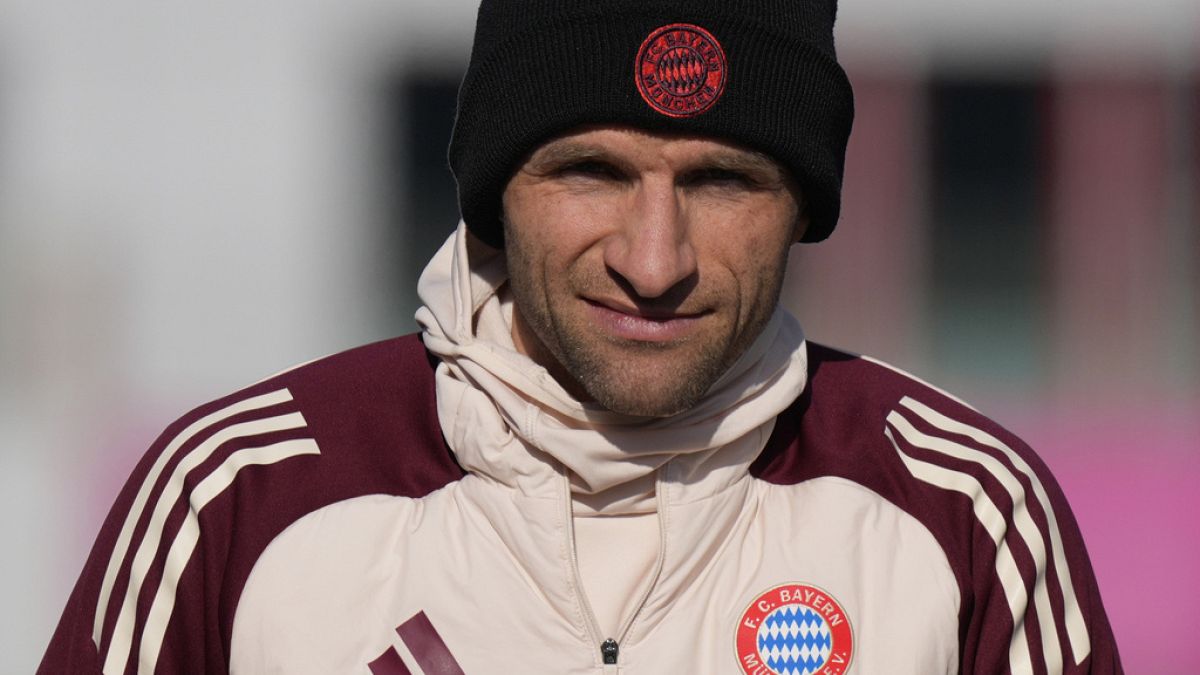Monkey World has become a renowned rehabilitation centre for baby orangutans to be cared for by their own kind.
Kiwi is a one-year-old orangutan with a fantastic head of spikey hair who has just begun a new life in the UK.
The primate was born in a conservation centre in Spain. But after being rejected by her mother, she was moved to a specialised orangutan creche in Dorset.
Now living at Monkey World, a rescue centre set up in 1987, Kiwi is thriving and independent.
The aim is not just to care for her, but to bring her up learning the skills and behaviours of her species.
The UK rescue centre saving baby orangutans
Monkey World was founded in 1987 by Jim Cronin to give chimpanzees used as entertainment on Spanish beaches a permanent, stable home.
At the time, the primates were dressed up in human clothes and worked in tourist resorts, often for 16 hours per day, as a photographer’s prop. They were frequently abused and controlled with drugs.
Today, Monkey World works in conjunction with foreign governments around the world to stop the illegal smuggling of apes out of Africa and Asia.
The rescued animals are rehomed to the 65-acre area of woodland in Dorset - which currently has over 250 primates.
Monkey World aims to ‘break the cycle of orangutan abandonment’
Monkey World is also the official European creche for orphaned, rejected or abandoned orangutans.
The aim of their rehabilitation programme is not to have the animals hand-reared by humans but to use orangutan foster mothers.
“Babies that are taken away from their mother don’t learn childrearing skills and therefore can’t look after their own young - which means they reject them,” explains marketing manager Charlie Crowther.
The team at Monkey World found that when their rescued young orangutans were looked after by a foster mother, they were able to learn mothering skills.
“Our creche aims to break the cycle of abandonment and rejection,” she says. “Every ‘graduate’ that has come out of the nursery has gone on to have their own baby and look after it themselves, proving it can be done.”
The current foster mother for the baby orangutans is Oshine, who was rescued from South Africa, having been smuggled from the wild and kept as a pet.
‘It’s important they realise they are orangutans from the off’
Another key focus of the centre is to make babies identify as orangutans early on. Latest additions Kiwi and Sibu (four months old) spend time together to help them understand this, especially given they are still being fed and looked after by humans.
“Sibu would still be holding on to Mum and being carried around by her everywhere, so we do try and replicate that by putting him in a backpack,” says Crowther.
“But the most important thing is they realise they are orangutans.”
The programme includes teaching them to find food independently, play and wrestle with other orangutans and become well-socialised.
Kiwi, who arrived in November from Spain after being abandoned by her mother, has her own room in the nursery, as does Sibu. They are kitted out with cargo nets and dog-toy pulls so they can learn climbing skills.
“She’s feisty and full of character. She knows her own mind well,” says Crowther.
The older orangutans in the creche live together full-time in an area with a playroom, bedrooms and an outside enclosure.
“Everything is playing and climbing, they are little whirlwinds of orange,” Crowther adds.
Kiwi and Sibu are able to see the other orangutans from their rooms, which helps them to be more prepared for when they begin overnighting with the others.
“This is where we differ a little from other zoos and wildlife parks because we are well set up to make these safe introductions into social groups of animals,” says Crowther.
‘Everything comes down to what is best for the primates’
The ethos at Monkey World is the primates always come first.
“Everything comes down to what is best for the primates, and that affects every decision we make here, whether that’s the cost of something in a gift shop to not having palm oil in our café food,” says Crowther.
They’ve even put off renovating their staff toilet block for years in order to redirect the funding into rescuing other animals.
“You do this job because you care about the animals, no matter what part of Monkey World you work in,” Crowther adds. “It’s very nice to know you are making a little bit of difference in their lives.”
The work that goes on at Monkey World isn’t just focused inside its four walls.
Crowther and the team have recently succeeded in changing the law for primates being kept as pets in Britain.
From April 2025, a license will be required to keep animals from 88 species of primate, and living conditions will need to adhere to zoo welfare level standards.
“It’s something to be really proud of and everyone at Monkey World is aware that their work does matter,” she adds.

 3 months ago
27
3 months ago
27






 We deliver critical software at unparalleled value and speed to help your business thrive
We deliver critical software at unparalleled value and speed to help your business thrive






 English (US) ·
English (US) ·